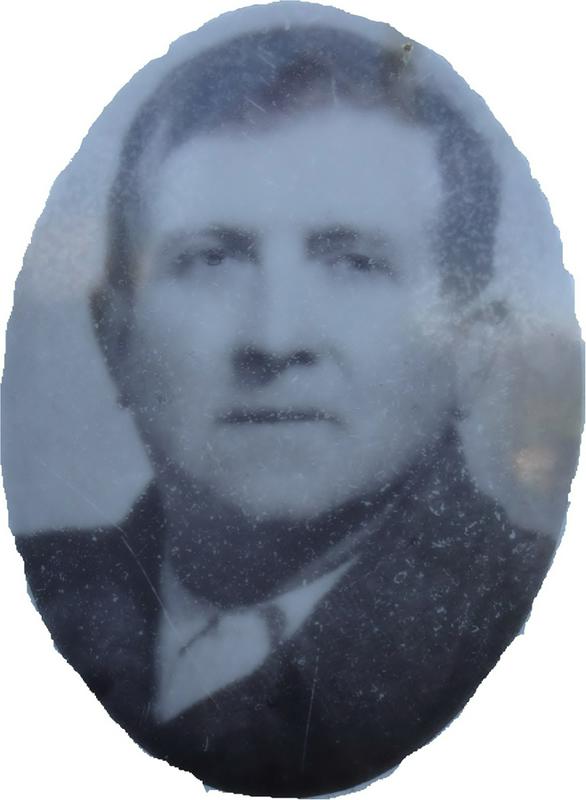

"
Franc Jerkič was one of the many Slovenian young men who during the First World War found themselves at the Galician battlefield; many of them lost their lives there. Franc told this story to his children, and the revealing words of the Russian soldier remained firmly ingrained in their minds. Franc's great-grandson Jernej Krečič has also been often told the story about those times, and he shared the story of his great-grandfather with us.
Franc often spoke of bloody battles in distant Galicia; he was shot through his right shoulder. Although for many soldiers a wound came as a blessing in disguise, and assured their return home, Franc had had no such luck: he returned to his homeland only after many years.
By boat to India
Franc Jerkič, locally his family was called Matičkovi, was born on 1893 in Dobravlje in the Vipava valley. His son Vladimir says that the news of his mobilisation, already in the first year of war, reached him while he was doing everyday farming chores on the field. He fought at the Eastern Front on the Austro-Hungarian side, with a number of other soldiers from the Slovenian region. He participated at the first battles in Galicia, but was wounded and then captured. Not much is known about his life during war captivity. He helped Russian farmers most of the time, he joined the volunteer regiment in the city of Tomsk in Siberia, and after the end of the war he retreated, travelling towards East, and covering the long distance to the Vladivostok port. He often spoke about his sea voyage along China and India, and described the life on the overcrowded ship, where he had practically lived on the ship deck throughout the voyage.
On May 29, 1920 Franc was mentioned by Edinost newspaper: "We are asking politely anyone who knows anything about the brothers Franc and Kristjan Jerkič (Franc served at the I Yugoslav regiment, Unit 9, Tomsk. Siberia (Nagnov) Russia, while there has been no news on Kristjan for 5 years), to give the information to: Ivanka Jerkič, Dobravlje št. 40, Post office Cesta sv. Križ." It was the year Franc finally returned home. Soon after he got married with Frančiška, and in 1922 his daughter Ivana Marija was born (Jernej Krečič's grandmother), later also two sons, Vladimir and Slavko. He lived in his home village Dobravlje until his death in 1961.
The fate of Franc's brother Kristjan remains a mystery. Some people said he had died in the battles in the Carpathian Mountains, but his mother Ivanka kept inquiring about his whearabouts for years after the end of the war.

































































